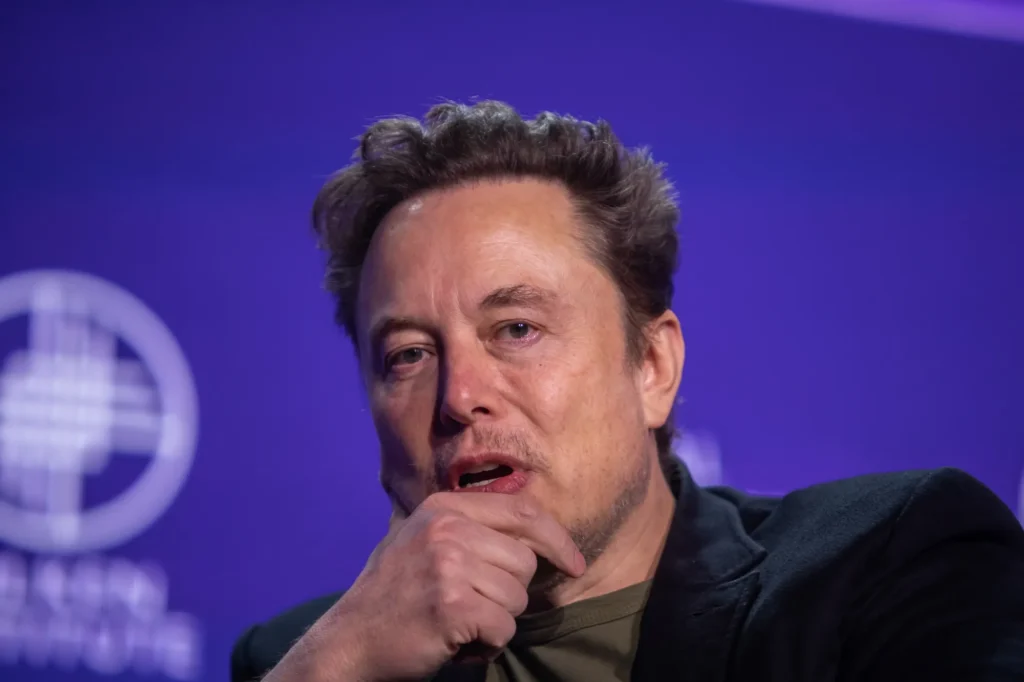Elon Musk has achieved a significant victory against the Securities and Exchange Commission (SEC) by successfully opposing the agency’s attempt to impose sanctions on him for failing to attend court-ordered testimony.

The case, which was associated with Musk’s $44 billion acquisition of Twitter, underwent a significant turn when Judge Jacqueline Scott Corley rendered a decision in his favor, leaving the SEC without any recourse.
Judge ruled in Musk’s favor.
The SEC had asked the court to impose a penalty on Musk for failing to attend a scheduled testimony on September 10, 2023. The regulator contended that his absence contravened a previous court order that was issued on May 31.
Nevertheless, U.S. District Judge Jacqueline Scott Corley determined that sanctions were superfluous. She observed that Musk had already provided testimony on October 3 and had reimbursed the SEC for its travel expenses, which totaled $2,923.
Additionally, the SEC contended that the mere act of reimbursing travel expenses would not serve as a deterrent to others from disregarding court orders, particularly an individual with Musk’s financial resources.
Judge Corley later stated in her ruling, “The SEC’s request is moot due to the fact that the current circumstances do not provide any opportunity for meaningful relief that the court could grant.” This decision effectively concluded the matter by prohibiting Musk from receiving any additional sanctions.
Musk Provides an Account of His Absence
Musk had justified his absence by announcing that he was in Florida on the day of the scheduled testimony, where he was responsible for SpaceX‘s Polaris Dawn mission. He had also entirely complied with the court order by testifying in early October, as his legal team also noted.
Musk criticizes the Securities and Exchange Commission (SEC
Musk celebrated his victory on X (formerly Twitter) after the ruling. A tweet from an X user was cited by him, in which the user commended Musk for successfully dealing with the SEC.
In reply, Musk made a lighthearted remark, stating, “SEC. The middle word is undoubtedly “Elon’s,” but I am unable to recall the meanings of the other two words.
Assistance from the Crypto Community
Billy Markus, also known as Shibetoshi Nakamoto, the founder of Dogecoin, joined the chorus of support for Musk and referred to the SEC as a “annoying organization,” as his victory was celebrated by many.
This sentiment resonated with the crypto community, particularly among XRP enthusiasts. The SEC’s ongoing legal case against Ripple, which commenced in 2020, was the subject of much criticism.
Musk’s victory is not only a personal triumph, but also a significant blow to the SEC’s credibility, particularly in light of the regulator’s ongoing legal dispute with Ripple regarding the classification of XRP as a security.
